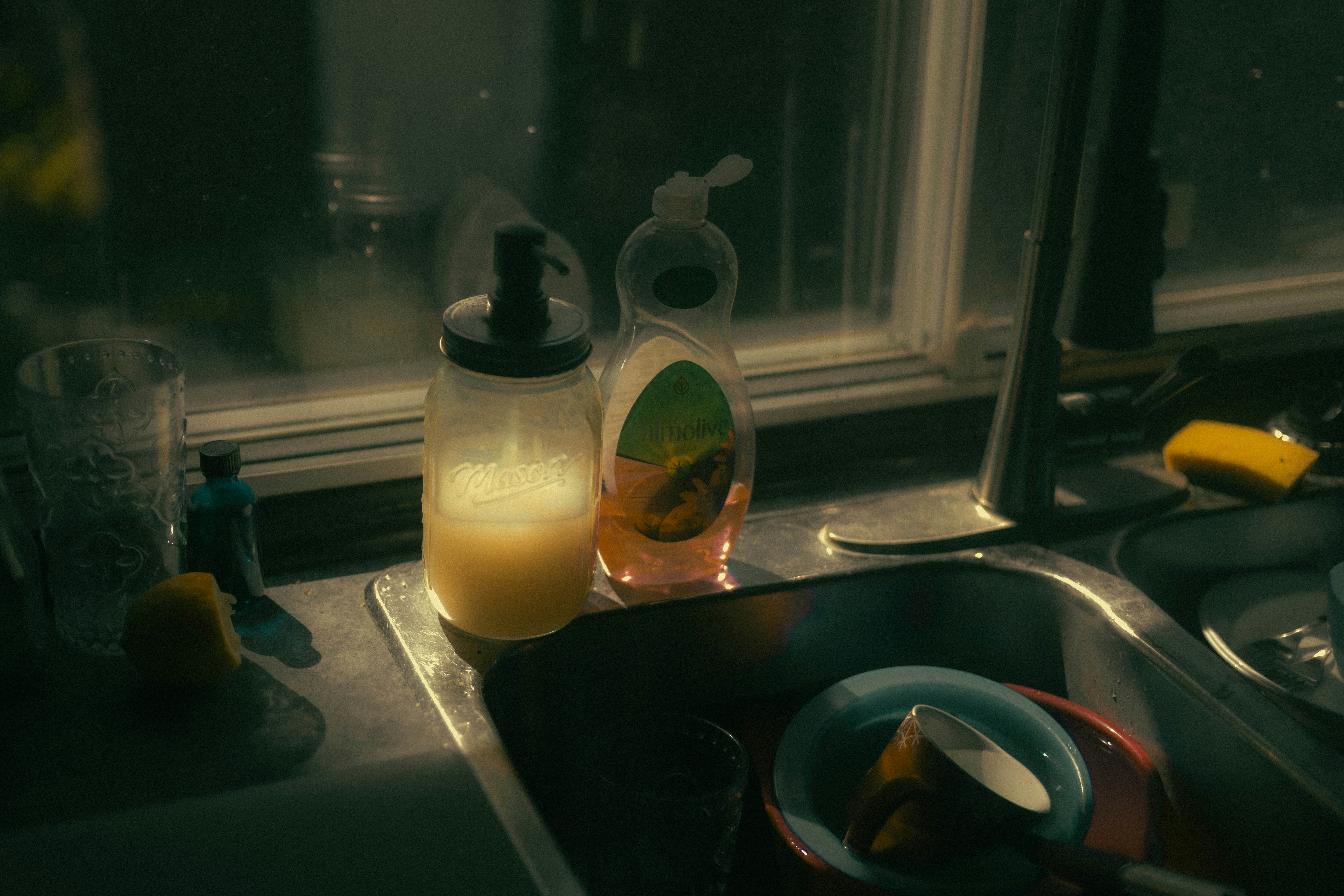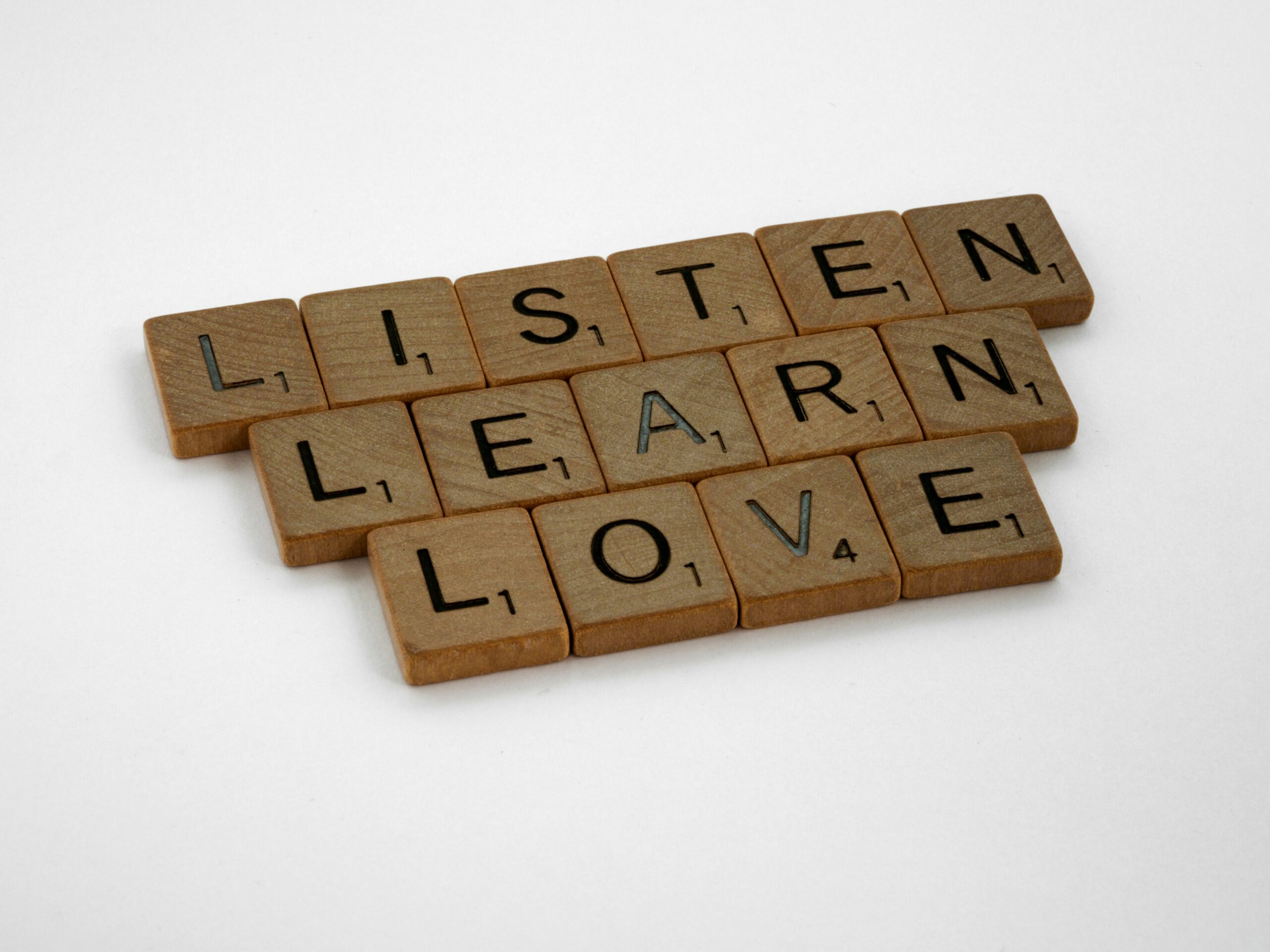If you cringe at the mere sound of “time for couples therapy,” know that you are not alone. For many of us, the idea of couples therapy implies crisis, breakdown, and doom. Often seen as a last-ditch effort, the idea of couples counseling may bring up feelings of intense discomfort, fear, and dread — natural responses to something seemingly uncertain and unknown. Couples therapy however need not be your last hurrah, but rather can be a beautiful gift to your relationship whether or not you’re in crisis.
Showing up to therapy to grow your relationship, strengthen it, and learn how to do it better, are perfectly acceptable reasons to start therapy. As I often tell my couples when we first meet, couples therapy is a sort of re-education on how to be in relationships. Of course, I am not an expert in this (none of us are), but I draw on the research of those who have studied best practices, like Gottman and Hendrix, and teach that to my clients. My couple clients also unpack their sh*t together — the years of wounds they’ve been accumulating and carrying with them from one relationship to the next, often starting as early as their relationships with their parents.
And yes, we all have sh*t!
So what does couples therapy look like, you ask? Essentially, it’s a deep and meaningful conversation, not always centered around a crisis. What might we talk about, you ask, especially if we don’t have a crisis? Allow me to share with you some things that almost always come up in my therapy sessions with couples— the nuts and bolts of this elusive thing called couples therapy.
We’re not here to fix anyone.
Often couples come to counseling together hoping that the therapist will take sides and help him or her fix their partner. We don’t do this, so if this is secretly your goal — you’ve been forewarned — we’re going to fail. Instead, I invite my couples to show up together to explore, to listen, to re-learn, and to work together to move their relationships from where they are to where they wish them to be. I invite clients to show up authentically — to bring their whole and true selves into sessions, dropping facades at the door. I invite vulnerability — not a sign of weakness (I’m talking to you men!) but rather of emotional availability, maturity, and capacity to be real and raw with your partner.
We’re not here to fix anyone — we’re here to grow together.
When couples show up ready to look inward, ready to consider their partner’s needs as much as their own, ready to drop their masks, and willing to work together — beautiful things can happen.
You can be right or be in a relationship.
When I was little, my mom had a magnet with this saying on our fridge and would remind us all of this ad nauseam. We hated it; we just wanted to say our piece and be right — of course. To this day she still says this to me any time I am in conflict, with anyone, but I am finally aware that she’s right.
Harville Hendrix, founder of Imago Relationship Therapy, speaks of the three most magical words “Honey, you’re right,” and their impact on relationships. When we each need to be right, we miss out on leaning in towards each other, on hearing the other, and on greater connection; we miss out on the possibility of increased closeness.
“Congrats, you’re both right,” I often tell my couples, but “Are you close, are you connected?” I ask. If the answer is no, then I invite them to close the gap by letting the other win, by letting go sometimes.
I remind my clients that if they want to be in a relationship with their partner, they can’t always win. They have to get comfortable with not always being right, with not sweating the small stuff, and with often letting sh*t go. Yes, you can.
When flooded, turn around — don’t drown!
We’ve all seen these signs out on the road, near a body of water that crosses a street, and if we’re smart — we heed the warning, for ignoring it may put our lives in danger. Similarly, ignoring the red flags of emotional flooding may cost us our relationships. Psychologist and renowned couples researcher, Dr. John Gottman, speaks of this fight or flight experience of emotional flooding in couple conflict — hijacking us and becoming disastrous for our relationships. Once we become physiologically triggered in this way, nothing good is going to happen; we must turn around or risk relationally drowning — damaging our connection with one another.
“When you feel flooded,” I tell my clients, “as if your blood is boiling and heart is racing, and you’re about to blow…take a time out.” This isn’t a slam of the door and walk angrily away kind of moment, but rather a loving break to self-soothe and reset and assure that you do not drown your relationship.
Upon taking a communicated time-out, I encourage clients to return and repair with one another. When we sweep things under the rug, they don’t disappear, they’re just hidden from plain view. Eventually, however, the pile under the rug grows and we begin to trip over it; resentment builds and rears its ugly head. Rather than letting all our sh*t seep out from under the rug, it’s best to intentionally get that rug out of the way and clean up whatever is under there — together. Or…use the Gottman methods to never sweep it under there in the first place!
In Conclusion
There are many more of these couples therapy essentials, or patterns that often present themselves — but I’ll leave you with this: no relationship is perfect, the perfect partner does not exist, and you’re not perfect either — neither am I. We are all perfectly imperfect, and relationships (no matter what anyone says) are hard work — it’s ok to ask for help.
Don’t let “couples therapy” scare you. It’s not scary, and neither are we. We couples therapists are human just like you. We’ll sit with you in your struggles, in your pain, and walk with you on your journey — having often walked a similar one ourselves.
Relationships are hard but they’re worth it. We must be willing to risk in life and in love — it’s worth it, you’re worth it, and your mental health depends on it for we are relational beings wired for connection. So maybe it is time for couples therapy after all.
And yes, you can.
To schedule an appointment with Dr. Galit Birk, click here!



